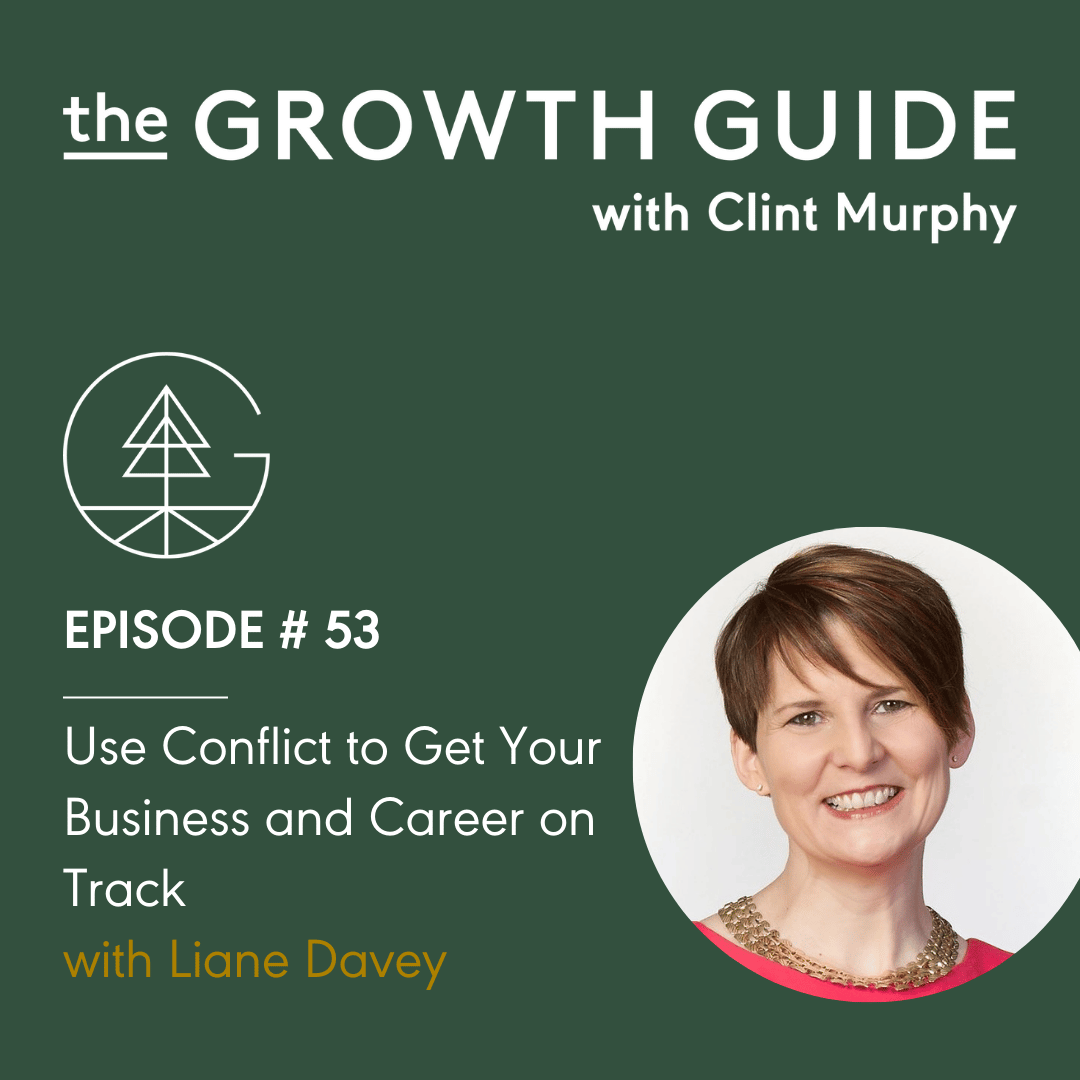About the Episode
Conflict is now seen as a negative trait in the professional world. Moreover, it is believed disagreements poison productivity, morale, and a good work environment. Yet, our teams and organizations need healthy debates to get things done. However, as humans, we tend to put off and avoid the tough choices that must be made, so we accrue conflict debt. As a result, our businesses are losing productivity, creativity, and edge in the marketplace. On the other hand, individuals also bear the costs of stress, exhaustion, and stress-related health problems.
Liane Davey, a bestselling author, keynote speaker, HBR contributor, and specialist in team performance, strategy, and leadership development, joins with today’s episode of Pursuit of Learning to explore how to use conflict to get our businesses and careers on track. Liane is the author of three New York Times bestsellers, including Good Fight: Use Productive Conflict to Get Your Team and Your Organization Back on Track and You First: Inspire Your Team to Grow Up, Get Along, and Get Stuff Done. Also, she is a regular writer for the Harvard Business Review and is frequently sought out by the media for her leadership, team performance, and product expertise. She is also known as the Water Cooler Psychologist. Moreover, she consults firms such as Amazon, TD Bank, UNICEF, 3M, and SONY as co-founder of 3COze Inc. Other than that, Liane holds a Doctor of Philosophy in Organizational Psychology.
Though it may seem counterintuitive, constructive conflict is essential to an organization’s success. Strategic planning, product management, resource allocation, talent management, and product design are just a few of the many organizational activities that often involve conflict. People avoid disagreement and move on without thoroughly investigating the other side’s position. Liane emphasizes in today’s conversation that leaders should encourage more – not less – discord within their teams, despite conflict avoidance being a common human trait. She also explains why she believes conflict has numerous advantages, such as creating healthy relationships and motivating higher levels of achievement. In addition, Liane demonstrates how to generate the productive friction a business needs to get along and complete tasks. However, she emphasizes that avoiding confrontation creates “conflict debt,” which hinders teams’ ability to collaborate effectively. Finally, Liane provides helpful counsel on how to make everyday moments of productive conflict with the tactics that will aid in developing our problem-solving abilities.
